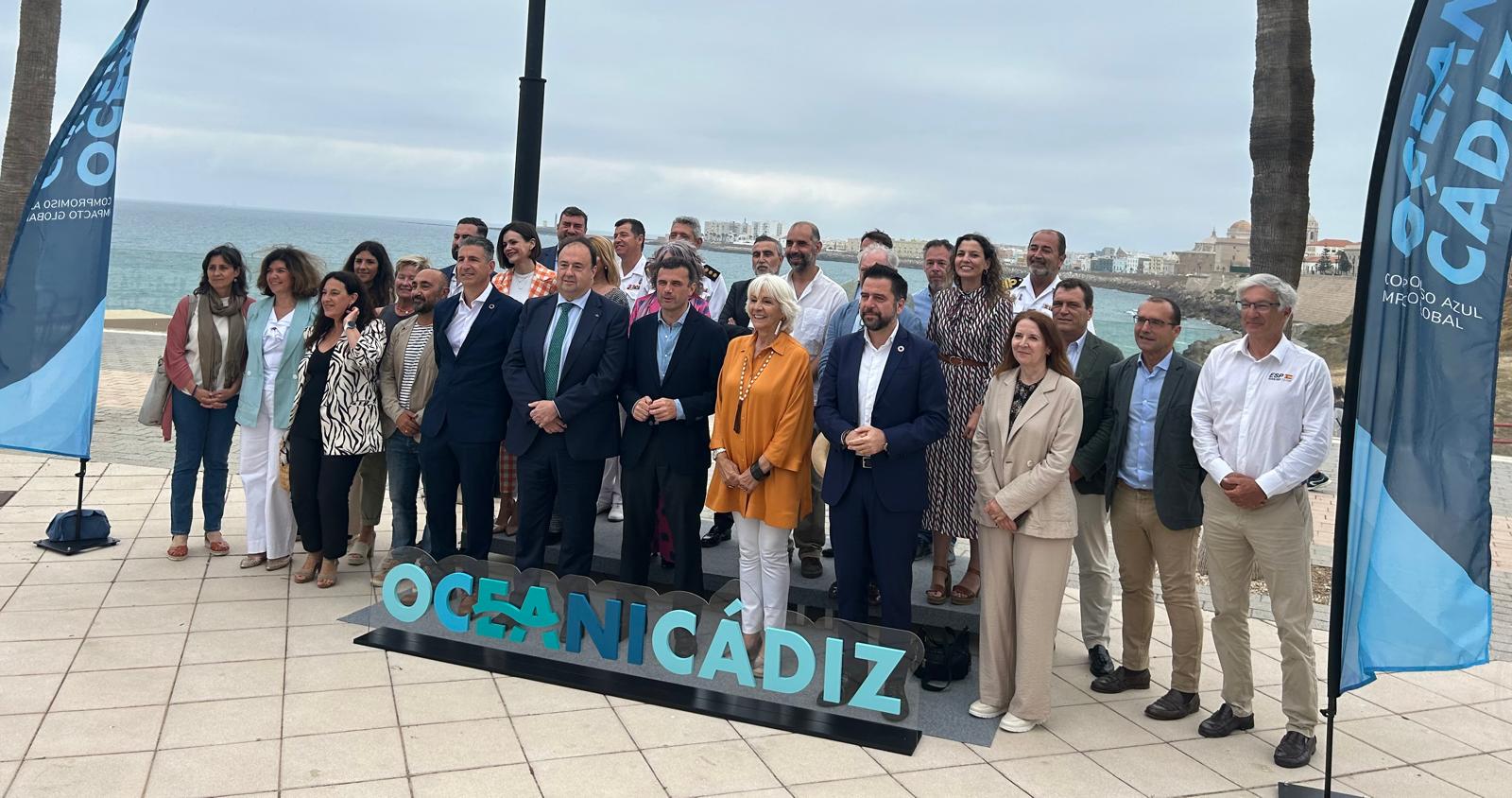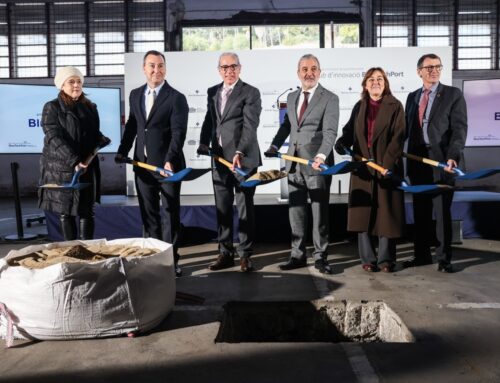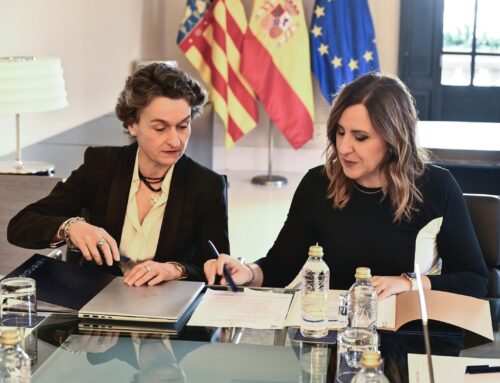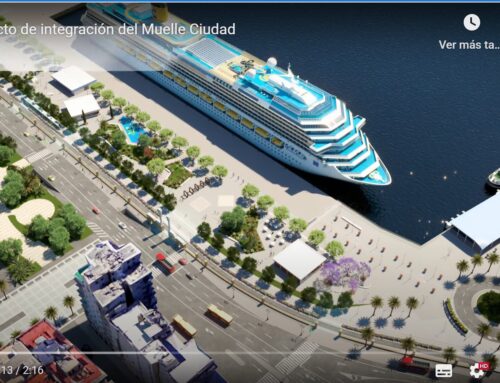The Decade of Ocean Science is a UNESCO initiative aimed at ensuring that ocean sciences support countries in achieving Sustainable Development Goal 14, “Life Below Water.” It brings together all stakeholders (scientific community, policymakers, businesses, and civil society) to plan a decade dedicated to ocean science and technology. Collaborating centers coordinate regional actions for this initiative and are responsible for specific contributions to reports, disseminating efforts among potential partners, participating in an annual forum, engaging in communication tasks, and identifying partners and collaborators.
Oceanicadiz is the brand of this bid where the five institutions have unified their strategies into a solid proposal encompassing all aspects of the blue economy: from knowledge generation and research to application and enhancement of ideas, supporting entrepreneurship and innovation through contributions from the Andalusian Institute of Marine Sciences (ICMAN-CSIC); UCA, the only Spanish university offering all official degrees in this field and integrating the International Campus of Excellence of the Sea (CEI-Mar), as well as the European University of the Seas (SEA-EU) and the Marine Research Institute (INMAR). The Free Trade Zone of Cádiz contributes its experience in promoting innovation and entrepreneurship in the blue economy, represented today by Incubazul. Meanwhile, the Port Authority is engaged in a process of renewal and strategic commitment to sustainability with pioneering initiatives like the electrification of docks for cruise ships using the Onshore Power Supply (OPS) system.
The synergy and unification of this already existing ecosystem in Cádiz make Oceanicadiz a strong candidate to host one of these centers. The proposal can continue to be enriched and complemented with contributions and support from other institutions that are part of the ecosystem and wish to back this initiative.
The declaration signed today by the five institutions marks the starting point for the bid, which will later materialize in a statement of interest that includes all contributions made from now on and outlines the form of collaboration between the parties. This statement will be sent to UNESCO to inform them of the bid’s development until the formal submission, which will require further specification.
This was expressed during the presentation by Antonio Tovar, director of ICMAN-CSIC in Cádiz, who valued the “unprecedented opportunity to boost marine sciences, the blue economy, and sustainable management, but above all, it will promote scientific research; attract local, national, and international collaboration and provide visibility and recognition,” among other tangible benefits of the proposal.
“It is an opportunity that excites us, and we must convey it,” commented the Free Trade Zone delegate, Fran González, who conveyed the conviction that “Cádiz is already a hub in the blue economy: we just need to connect the dots and consolidate the ecosystem, and this is the opportunity to showcase our reality, our strength, and everything we have to say and do in the blue economy, which is nothing more than sustainability and future.”
The rector of UCA emphasized the strength of the unity of the project-promoting institutions, stating that “we have demonstrated that with effort, intelligence, and determination, it is possible to lead international excellence projects related to marine-maritime studies, innovation, and knowledge transfer in the Blue Economy,” as is the case with the International Campus of Excellence of the Sea (CEI·Mar) of the European University of the Seas (SEA-EU). Simultaneously, Casimiro Mantell pointed out that “today we sign the initial commitment. A necessary first step. A first document that we will send to UNESCO as a sign of interest and commitment to assume this leadership together, to build the future of this land and this city, surrounded by the sea and the multiple opportunities that come from the Blue Economy.”
The mayor of Cádiz, Bruno García, highlighted that one of the strengths of this initiative is that “it arises from the consensus of different administrations.” He added that the University of Cádiz, Free Trade Zone, Port Authority, and City Council “are working together towards a common goal of leading in sustainability and the blue economy.” He also noted that the bid presentation is not the culmination of a journey but “the beginning of a path in which many other administrations and people related to the blue economy must join.”
For the president of the Port Authority, Teófila Martínez, “the environmental dimension of the Port of the Bay of Cádiz stems from the intention to find the best possible fit in the territory in which we are located, materializing as a strategic priority to face the future with guarantees.”
“With this fundamental approach,” explained the president, “we plan, design, and execute the investments of the Port of the Bay of Cádiz, convinced that not only the future but the present must be sustainable, green, and blue, or it is not.” In this sense, Martínez emphasized the proactive role that administrations must play, stating that initiatives like Oceanicadiz are a way to also create blue culture and ensure that the commitment transcends from the individual to the global.





